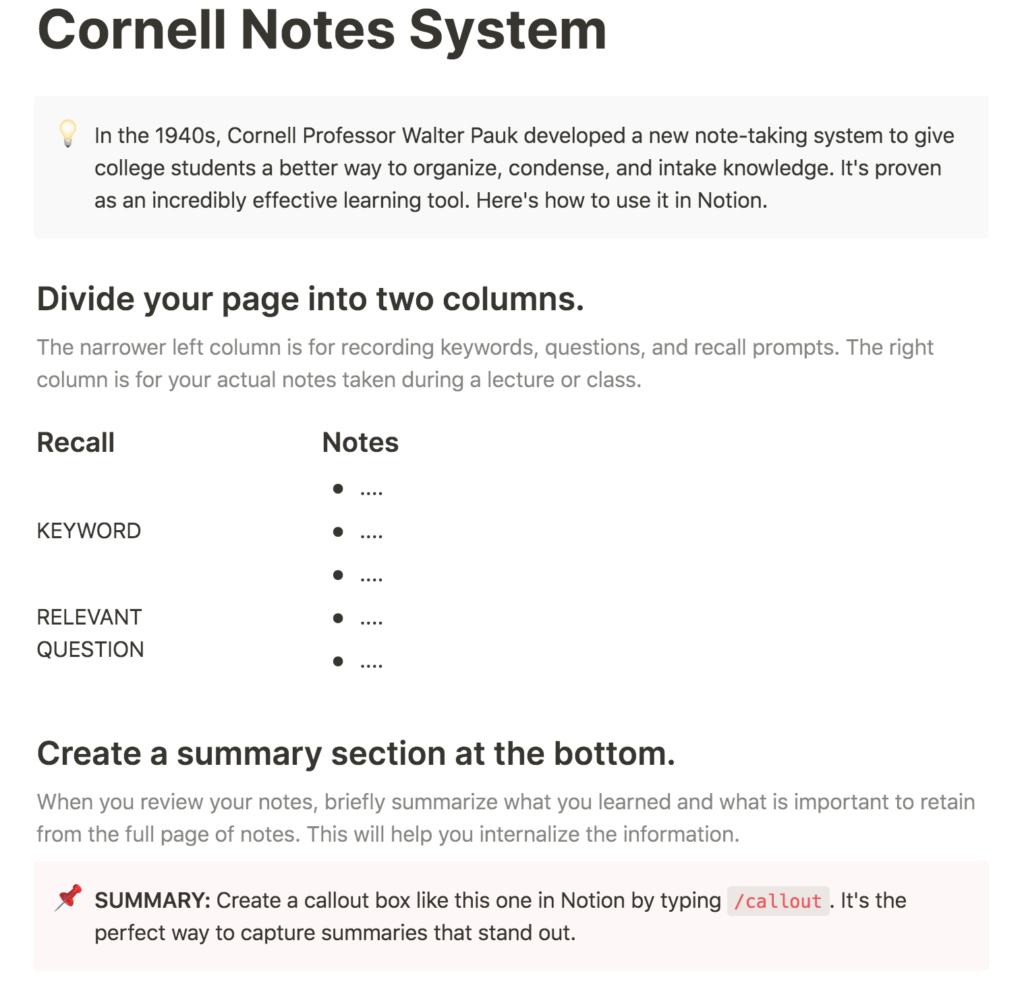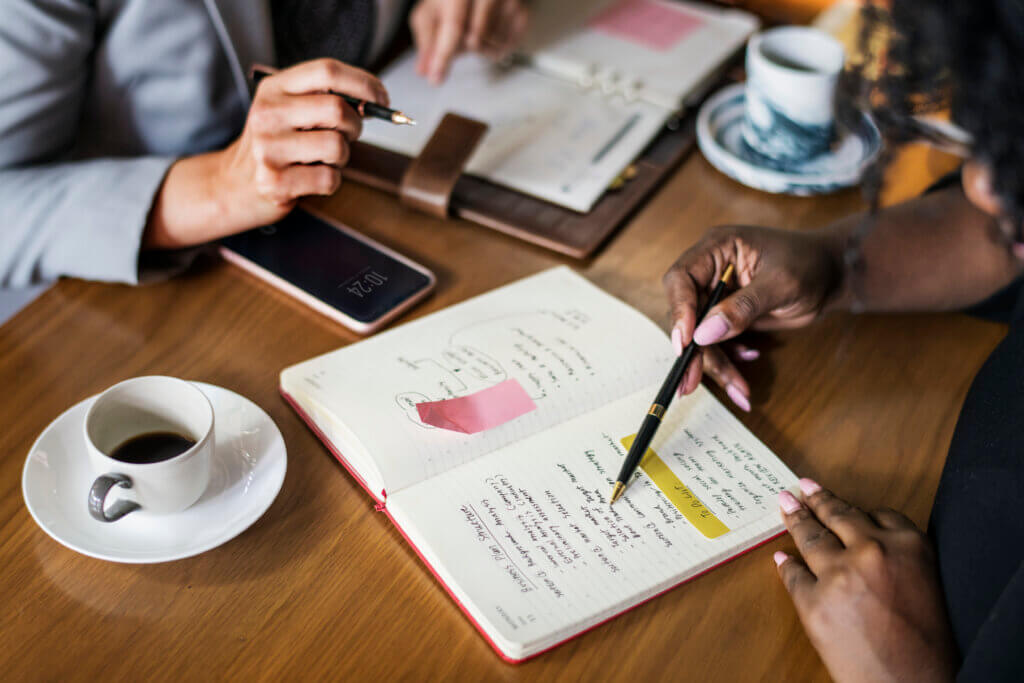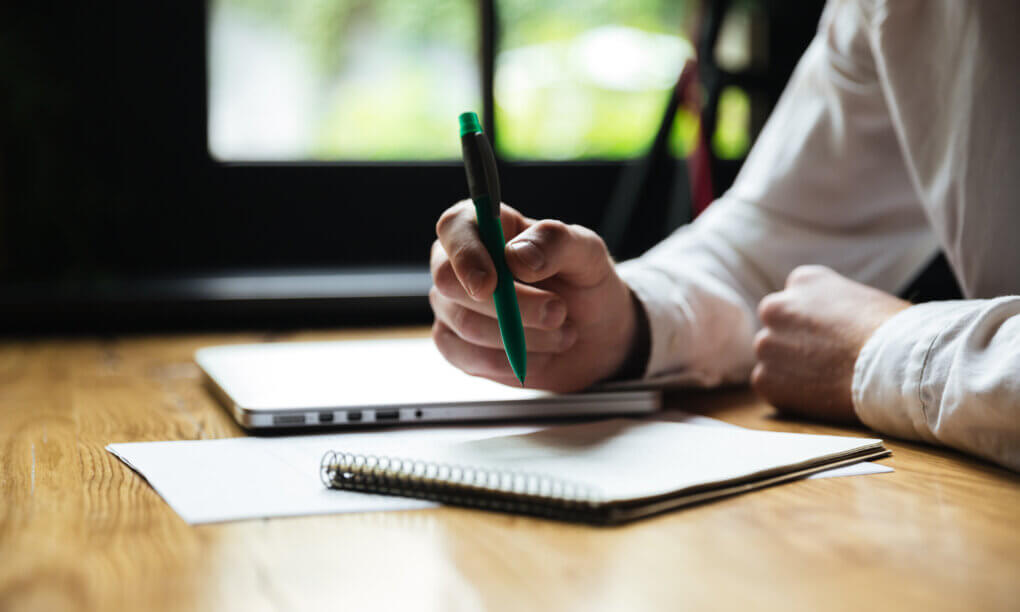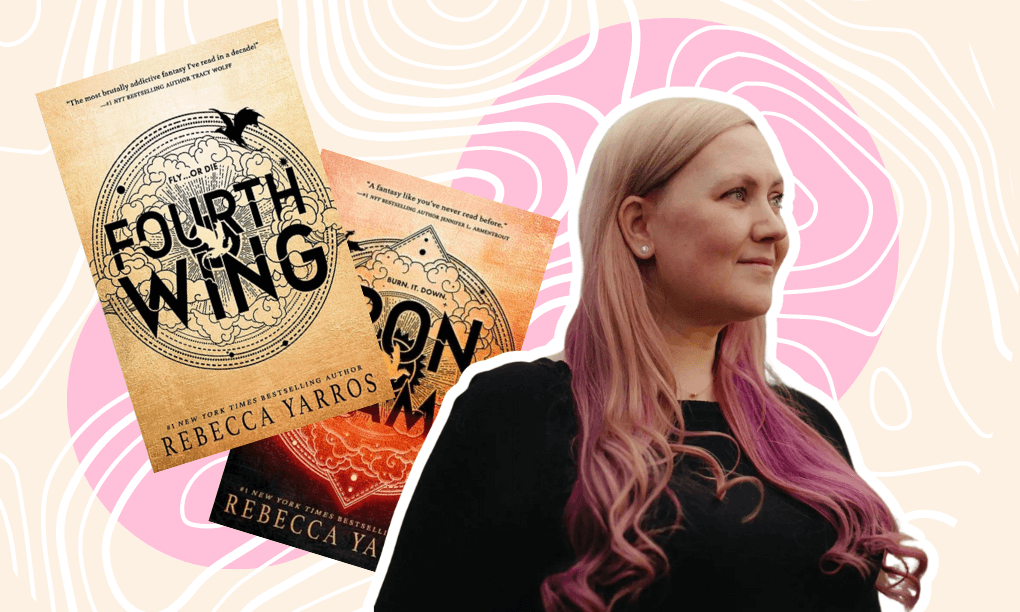Best note-taking methods, apps, and styles have been discussed a million times. But not that many articles answer the most obvious concern: what exactly should we take notes of? Realizing your real aims is by far the main recipe for legible and useful notes. So instead of downloading another note-taking app, let’s learn that one thing you need to know about the best notes of your life.
We take notes when reading textbooks, listening to lectures, drafting essays, and simply thinking. Efficient note-taking is an essential skill that will help you not only at your college desk but also with office work and other creative activities. So what are the essentials you need to know?
Note-taking Methods
Have you already tried them all? Here is a guide to the most popular note-taking methods. You might have chosen the Cornell method, stuck to it for a while, and then turned to mind-mapping. In the end, none of them were sufficient on their own — isn’t it frustrating?
The secret is simple: you need different methods for various types of cognitive activities. The Cornell method is brilliant when learning from textbooks (check other textbook reading strategies). Mind-mapping will help you organize your ideas for an essay. The “Question method” will help you prepare for an exam if it is based on a textbook or lecture slides.
There are so many forms in which your notes can be useful! Most of these techniques lack a definite answer—why do we take notes? What to take notes of? These are the questions you need to answer every time you open your notebook or login to Evernote or Notion.
Note-taking Apps
Talking about Evernote and other note-taking apps for college students. If you’ve also tried a bunch, we are in the same boat. Some apps can indeed be more convenient than others. For example, Notion has an already pre-made template for the Cornell system. It’s also quite easy to store your study materials there!

On the other hand, there is also some evidence that handwritten notes can boost your memorization. Again, there is no golden rule. Choosing a cool app or a nice Moleskine notebook won’t make you automatically take better notes. You will improve when you understand what the things you should write down are. Are those your ideas? Concepts and dates from textbooks? Everything the professor says? Let’s explore!
P.S. If you haven’t yet, give Notion a try. This platform is free to use and accessible on all devices. Notion has a mind-blowing level of functionality—you can customize it as much as you want! It takes some time to figure it out (“Notion has a steep learning curve,” as your professor would say). Therefore, you should dedicate some time to exploring the environment and designing your own workspace. Check out some helpful videos!
Why do We Take Notes at College and at Work?
- To keep track of what’s going on during a lecture, masterclass, and meeting
- To write down your own ideas
- To make a note of somebody else’s ideas
- To mark concepts that you need to look up or read more about
- To save questions you have about the things you’ve read/heard (you will either ask them your professor/classmates/group leader or try to find answers yourself)
- To share your ideas with someone
- To work on the collaborative project
- To develop materials for exam preparations
… and this list can be continued. Ultimately, we write notes to retain information and be able to return to ideas worth working with. Note-taking has a lot of functions: study-related, creative, and social. No secret, it’s so challenging to stick to one fancy note-taking method—and you don’t have to.

What Should Appear in Our Notes?
As you’ve guessed, it depends a lot on why you’re taking notes in the first place. Ask this question at the beginning of each seminar, when reading textbooks, or when having a meeting with your supervisor or your colleagues. Here are some of the guiding questions to give you an idea:
- Is the presented material unique?
- Does the sequence matter?
- Will I have an exam on this subject?
- How often will I get back to these materials?
- Do I need to have constant access to them?
- Will the material be discussed at the seminar/meeting?
There is a practical rule that commonly works for many types of note-taking. You don’t need to concentrate only on hardcore facts, be it the functions of each hormone or a year of some crucial congress. Try to go beyond that—learning is about making connections and associations (aka metacognition and active learning). Also, consider if you need to keep track of:
- Summary
- Important concepts and theories
- Ideas that came up in your head regarding the topic you’re reading/listening/thinking about
- Connections to previously discussed topics or even other subjects you study
- Questions that are still unanswered
- Things you want to bring up for a discussion
- Thoughts on your final paper/project
How to Take Notes Efficiently?
Efficiency is about making choices. Don’t try to take note of everything at once—it’s hardly possible. Instead, know your goals for your learning process and note-taking and experiment. Maybe try keeping track not only of the professor’s lecture but of your own questions about the lecture materials. I bet it will boost your classroom participation!
You can try keeping track of ideas for a final project in a separate spreadsheet or notebook throughout the term. This will make it easier to write the paper during the exam period.
Notes are not set in stone, so make them interactive and multi-layered. Revisit your notes, reflect on what’s written, and add something new to them. An example of multi-layered notes is a combination of your textbook reading notes and subsequent classroom discussions. Efficient study notes can also be turned into flashcards or online quizzes!
In the end, it’s always up to your own personal goals, individual approach, and convenience. Feel inspired to experiment and design your own way through note-taking!


